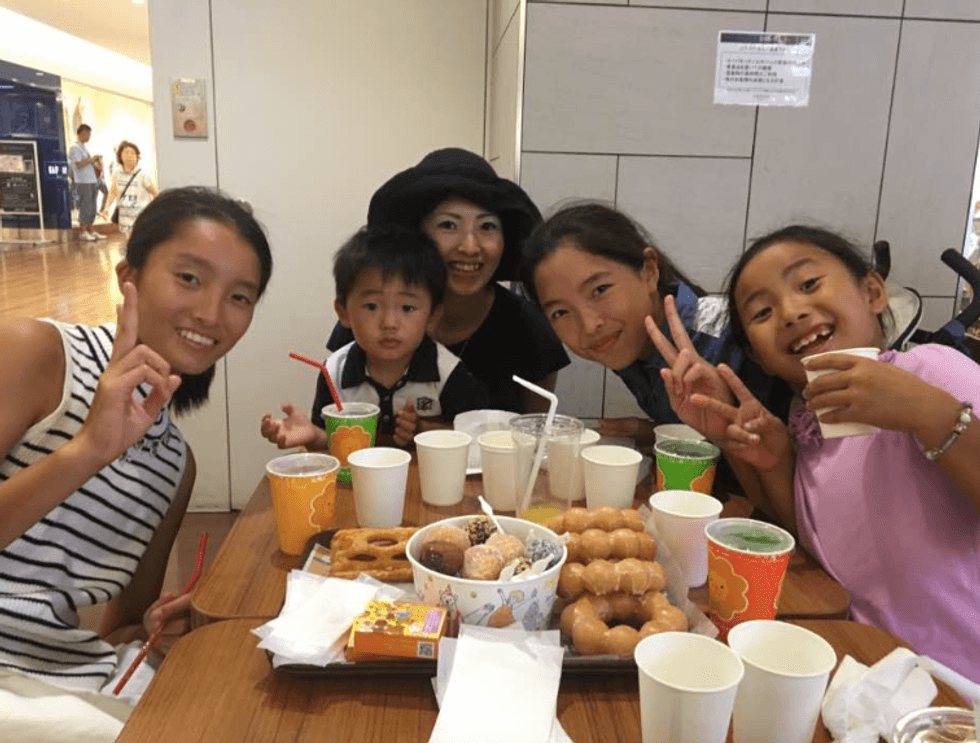Before I begin, I’d like to make a quick distinction: tourism is not the same as travel.
Sure, both tourism and travel involve clambering into an over-stuffed car or lumbering into an airplane seat. By their very definitions, these actions involve covering distance, possibly carrying you to places you’ve never dreamed of going. However, tourism permits only observation–if anything–while travel calls for deep engagement and participation.
Now, I’m not suggesting that travelers insert themselves forcibly into a different culture. Travel is not about cultural appropriation; it is not choosing what you like about a country or people group and producing cheap imitations of a certain custom. That’s more along the lines of tourism, which, while it can be relaxing, allows people to miss the point of going someplace new. It’s the difference between watching a beautiful dance and thinking you’d like to buy the dancer’s dress and joining the dance yourself.
Active participation in a culture is both rewarding and exhausting. I’ve just finished staying with three host families in Japan for a little over two weeks.
Becoming part of their families is one of the most worthwhile experiences of my life, but it would be a lie to say I wasn’t nervous at first to stay in a stranger’s home. What if I made a big mistake, made a cultural insult or did something taboo that I wasn’t aware of? My imagination went a little wild, predicting all the possible ways I could offend my host families.
The people who greeted me in Shizuoka, Japan, immediately put my anxieties to rest. I was unprepared for the utter hospitality and generosity of strangers. These families were not only deeply concerned with my and my friend’s well-fare, but they also showed us parts of Shizuoka and Japanese culture that I would never have experienced otherwise.
One Sunday morning, my first host family took my friend and me to a Shinto shrine across from the castle in Shizuoka. There is something intimate about witnessing religious practices with people who understand them better than I do.
Sitting down for dinner with a Japanese family can only be described as incredible. While the food is delicious, the company is even better. The families with whom I stayed spoke varying levels of English, and sometimes through gestures alone, we bypassed our language differences. Language barriers did not stop us from sharing so much laughter and swapping so many stories.
Still, sometimes I didn’t understand what was going on, but these times allowed me to ask questions about their language and family’s customs. I know now that if I didn’t ask my host family what to do, my connection to my host family, and thereby to their culture, would have been stunted.
In fact, most of my misunderstandings were easily remedied. When I didn’t know how to hold my chopsticks or how the toilet worked, I just asked. It's better to be a little embarrassed and know better than say nothing and stay in the dark.
One of my favorite memories of a Japanese homestay was when my host aunt took her kids and me to a school festival. If there is one thing I learned, it’s that Japanese families love a good party.
The kids dressed up in traditional Japanese festival clothing, which their grandmother and her friend helped them put on. Even though it was over 90 degrees outside, and despite the heaviness of the fabric, the kids were ecstatic to be in their festival clothes.
The festival itself was packed with people of all ages. A group of schoolchildren with traditional drums, masks and costumes put on a play, while families connected with local friends. My host grandmother bought me a beer, and we toasted the festival with a hearty kanpai! I played games with the kids until the sun went down and the music began.
There were around 40 older Japanese women gathered in two concentric circles and began an intricate dance with fans and clapping. At first, their tone was solemn, but in their next dance, the music lightened and the women invited onlookers to join. Two of my host sisters and I melted into the circle and picked up the moves.
I’ll never forget the look in the eyes of the elderly woman who invited me to join in, a surprised smile that made her eyes glitter. As I joined the dance, I wondered why on earth I would ever say no to being woven into their circle.
























